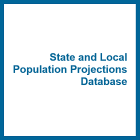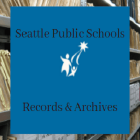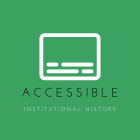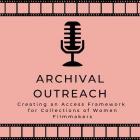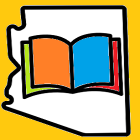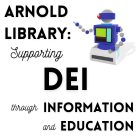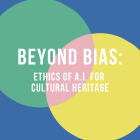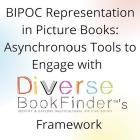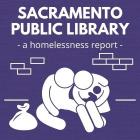
A Homelessness Report for the Sacramento Public Library
This project was focused on exploring what libraries are doing to serve people experiencing homelessness - and if there is more that the Sacramento Public Library can do to address the issue of homelessness in their communities. A literature review, Sacramento-specific report, and accompanying slide deck were created as tools and references for staff at this organization; these and our recommendations will hopefully lead to additional services and direct impacts to those experiencing homelessness on the streets and shelters in Sacramento and beyond.

